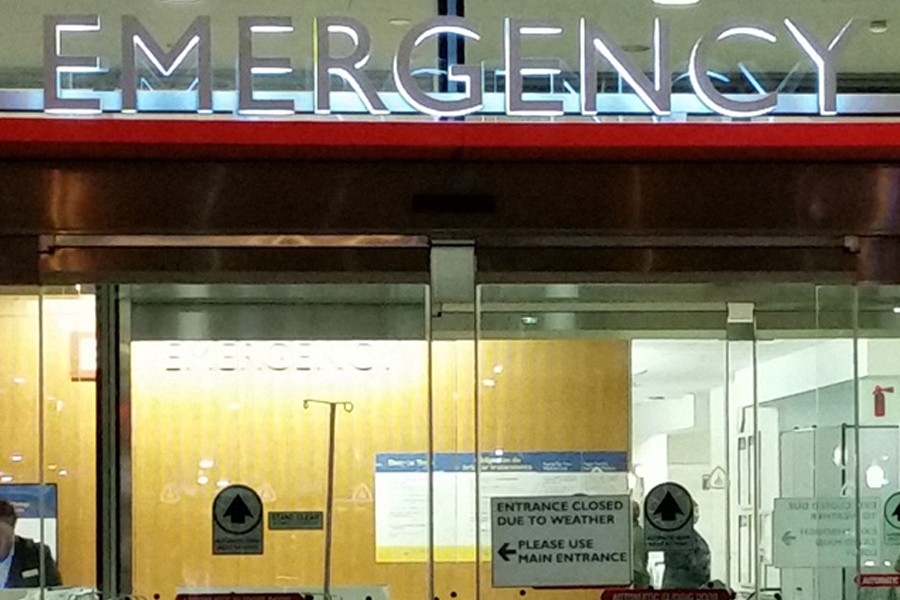The Orlando nightclub mass shooting in June 2016, with 49 deaths and more than 50 people injured, is one of the deadliest mass public shootings in U.S. history. The Johns Hopkins Office of Critical Event Preparedness and Response commends Orlando Regional Medical Center, which cared for a majority of the patients, for its outstanding response. One of the actions of the medical center was to "lock down" the facility to manage the acute needs of the victims and protect hospital staff members.
The lockdown of a facility is an emergency protocol that highly restricts access and may invoke a state of confinement if necessary. Many doors are locked, and security personnel are placed at designated access points. Besides key law enforcement personnel, only employees with a need to be at the affected facility will be allowed access.
CEPAR is responsible for ensuring that all Johns Hopkins facilities have proper disaster and critical event plans that are appropriately exercised and in place. The plans and protocols of each of our hospitals are tested in various ways each year, as required by institutional standards and regulatory agencies.
A disaster response plan for a given facility would be triggered immediately after its leadership becomes aware of a mass casualty event with the potential of its receiving significant numbers of patients. Hospitals affected would rapidly stand up their incident command systems, as per protocol, to direct and coordinate the response. The order for a lockdown, if needed, is likely to be triggered by security or the command structure of the individual hospital.
What should employees do during a lockdown? Stay put unless otherwise directed or unless you have a specific response role. Your supervisor will receive instructions from the incident commander. If the hospital is receiving victims from an event, unless you are a member of the designated response team or are specifically asked to respond, do not go to the Emergency Department to volunteer your services, no matter what your medical skill level. Your presence may hinder the response and, in particular, the treatment of patients.
All employees and students affiliated with Johns Hopkins Medicine should take the online active shooter course to know how to choose the best option (e.g., run, hide, or fight) during an active shooter event.
Go to the CEPAR website for more stories from the Hopkins on Alert newsletter, where this article first appeared.
Posted in News+Info








